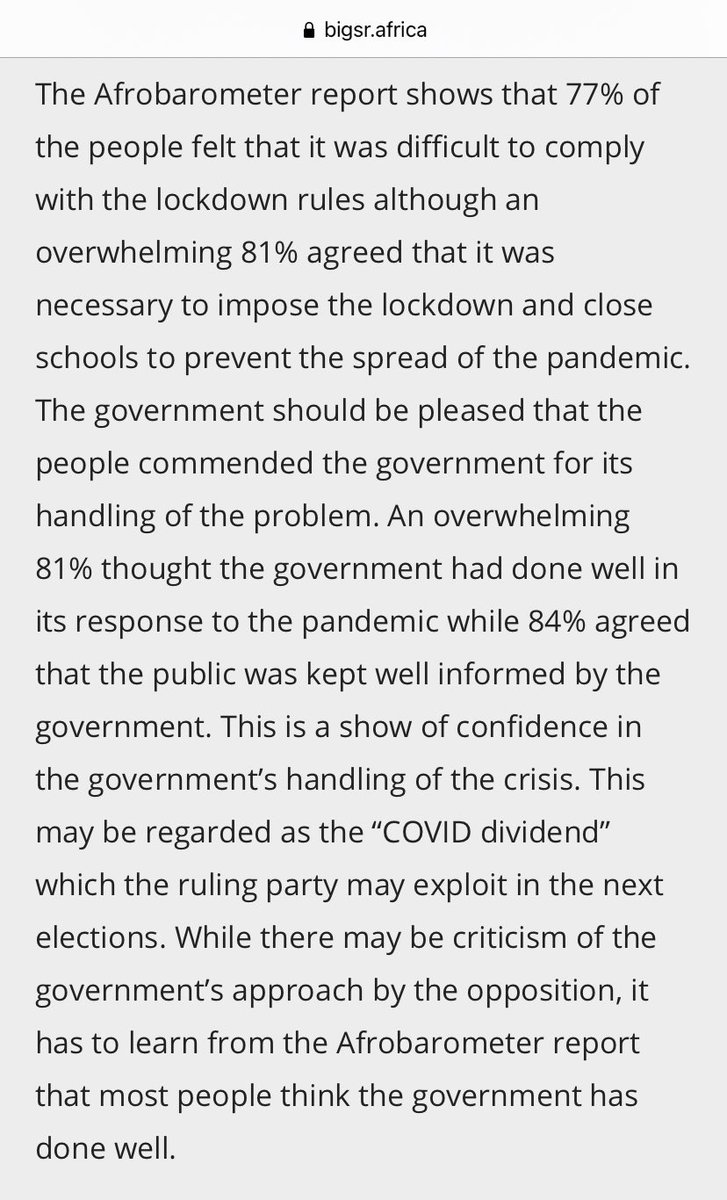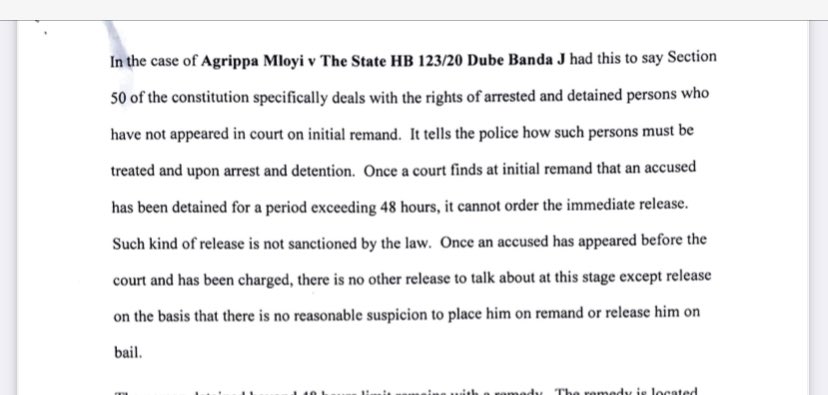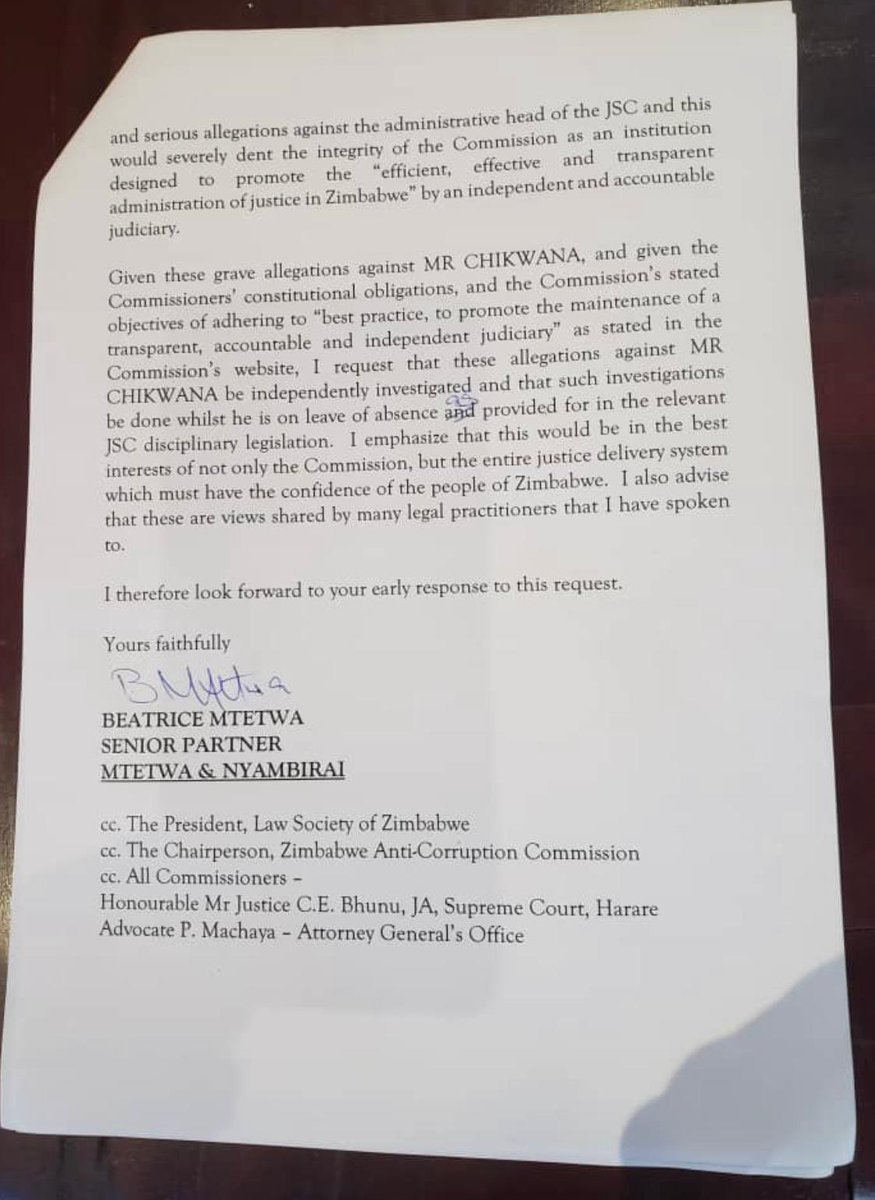
How to loot in Zimbabwe
1. Looting methods in Zimbabwe are so simple it’s like a thief stealing from your home while you’re all watching. You think no, it can’t be, but it is! I have written this several times but let me use this thread to describe one of the simplest methods.
1. Looting methods in Zimbabwe are so simple it’s like a thief stealing from your home while you’re all watching. You think no, it can’t be, but it is! I have written this several times but let me use this thread to describe one of the simplest methods.
2. A Government department or parastatal wants to procure goods worth US$5 million. There are legitimate vendors who can supply the goods but they don’t get the contract. Instead, the contract goes to Peter who is a PEP (politically exposed person). That’s his only qualification.
3. Peter doesn’t have the money, but even if he has it, he won’t put his money at risk. So the government pays him the US$5 million as “advance payment”. Peter then goes to the vendor & orders the goods. The goods will actually be worth US$4 million so Peter will pocket a million
4. Actually, Peter will supply just half the goods worth US$2,5 million & leave it like that, pocketing the remainder. The government will do nothing to get the balance of the goods or to recover the money that was paid in advance. At some point, the debt will be written off.
5. Peter walks away US$2,5 million richer. The taxpayer is US$2,5 million poorer. PEPs know it’s the easiest way to get rich. Peter might as well have gone into the government vaults and walked away with US$2,5 million. They just disgusted it as a commercial contract.
6. If you think this is fiction, consider these real examples: GMB gave US$3.9 million to an unnamed company to supply maize & soya beans. The company supplied goods worth US$2,9 million. This means the unnamed company walked away US$1 million richer.
7. In another case, a company called Solution Motors got two contracts worth US$1,5 million to supply goods to the Department of Irrigation. However goods worth US$700,000 weren’t delivered even though the company had received an advance payment. It literally stole US$700,000.
8. ZETDC pre-paid US$1,3 million to an unnamed company for the supply of electricity cables in 2015. Up to now the cables have not been delivered. The initial cables were returned because they were incorrect. Up to now, ZETDC has not recovered the US$1,3 million advance payment.
9. In 2016, APR, a US company that had won a tender to build the Dema Diesel Power Plant lost it to Sakunda, then owned by Kuda Tagwirei although it had not participated in the tender process. Sakunda had no capacity so it outsourced the job to Aggreko, a British company.
10. Sakunda was just corruptly handpicked by the government and given the resources. 5 years later the plant is a white elephant. But this corrupt deal came with perks: diesel for the plant enjoyed a tax exemption. Sakunda’s core business was selling fuel . Now you do the math.
11. And this is just a tip of the iceberg. You don’t have to be a smart business mind if you are a PEP. You just get the contract even if you don’t have a cent. The government will give you the money & you can even undersupply the goods & the government will do nothing about it!
12. This is how a lot of PEPs steal public funds. And we haven’t even started talking about over-invoicing and under-invoicing. I have just focused on the simplest way. Looters & their supporters justify these deals as “empowerment”. It’s unjust enrichment.
13. The reason you see cheerleaders is not because they are eating too. For some of them, they are twerking so hard to be noticed. They hope that the more they defend this theft, they more they will be noticed by money-bags and maybe, just maybe, they might also get some crumbs
• • •
Missing some Tweet in this thread? You can try to
force a refresh














